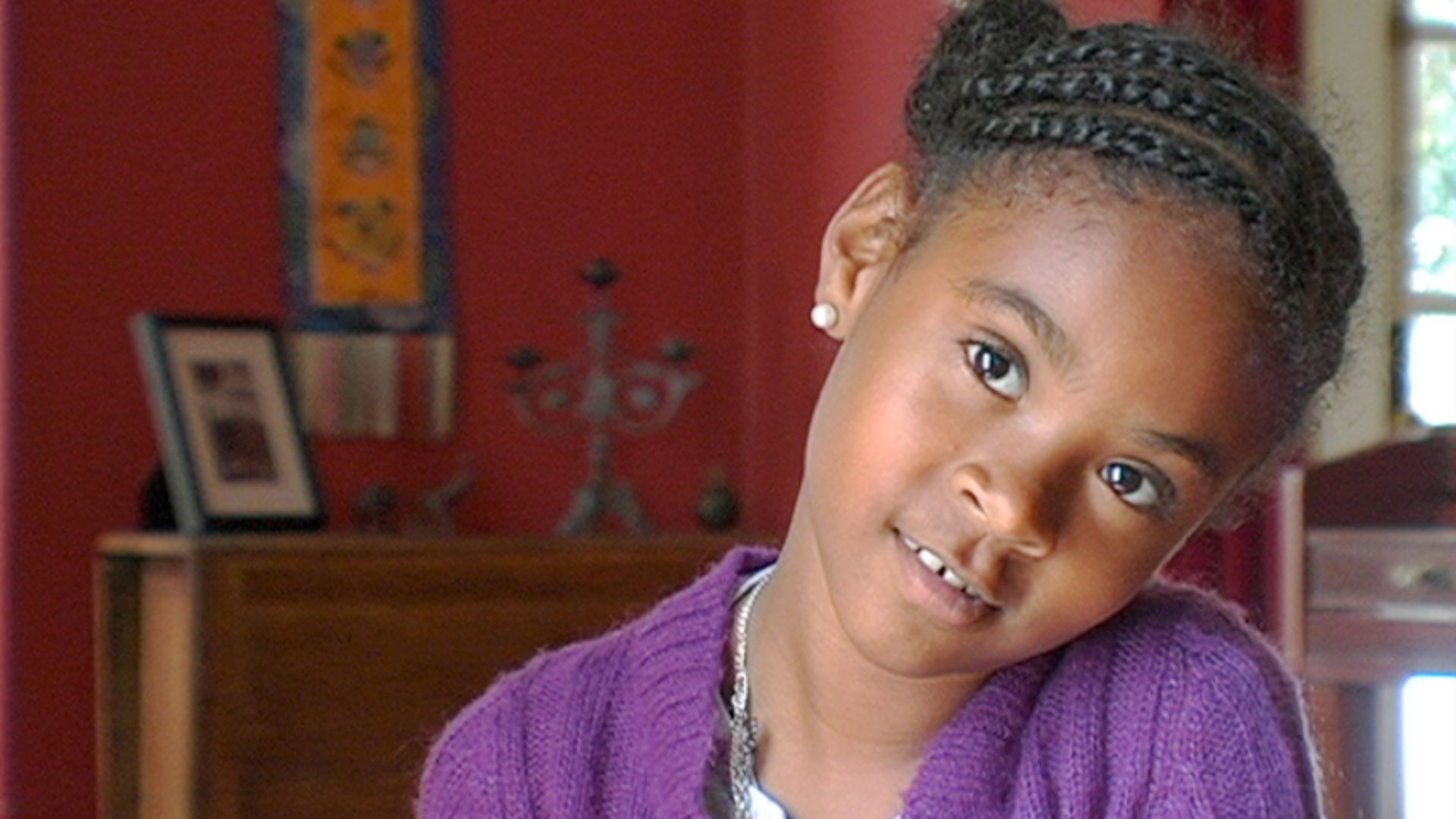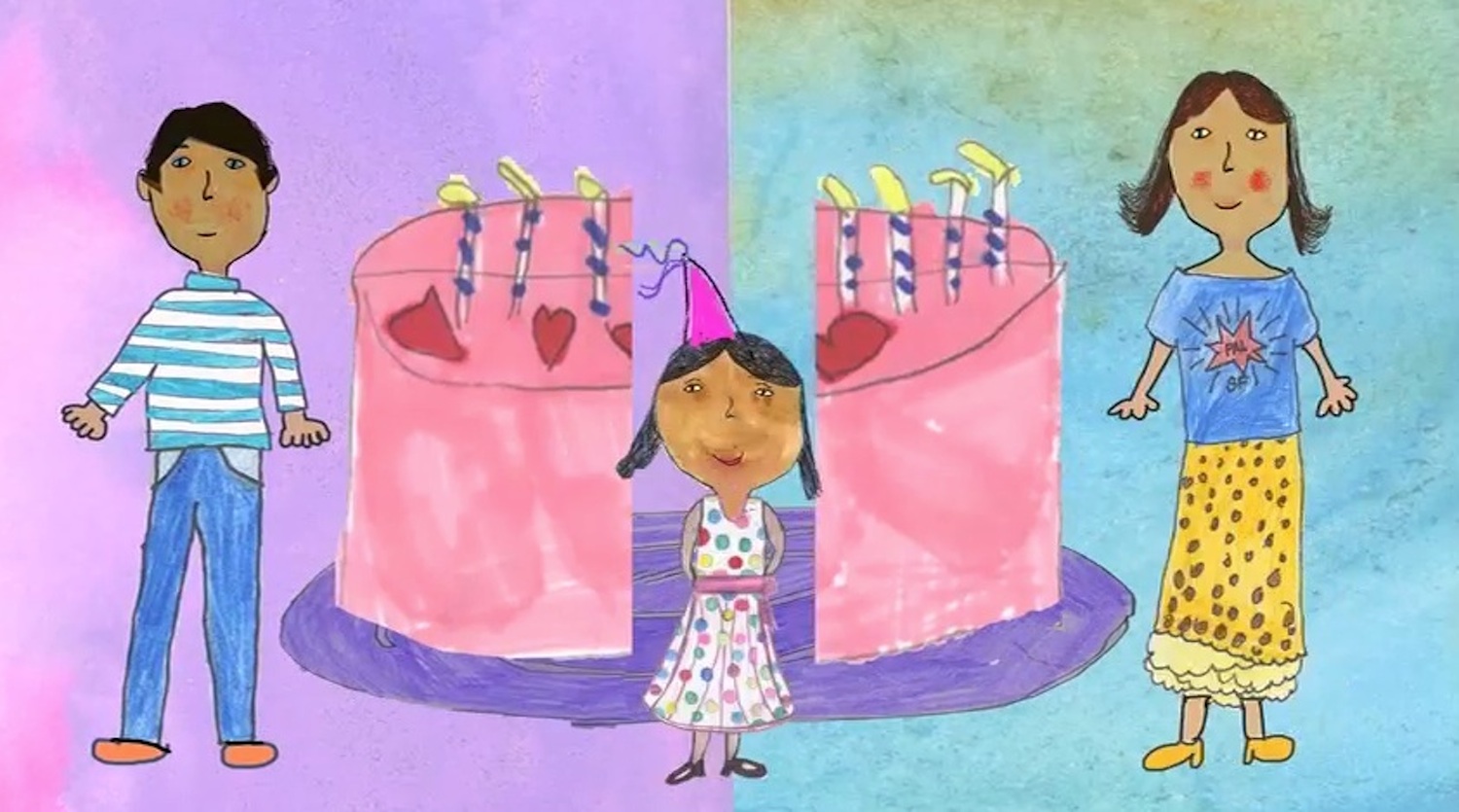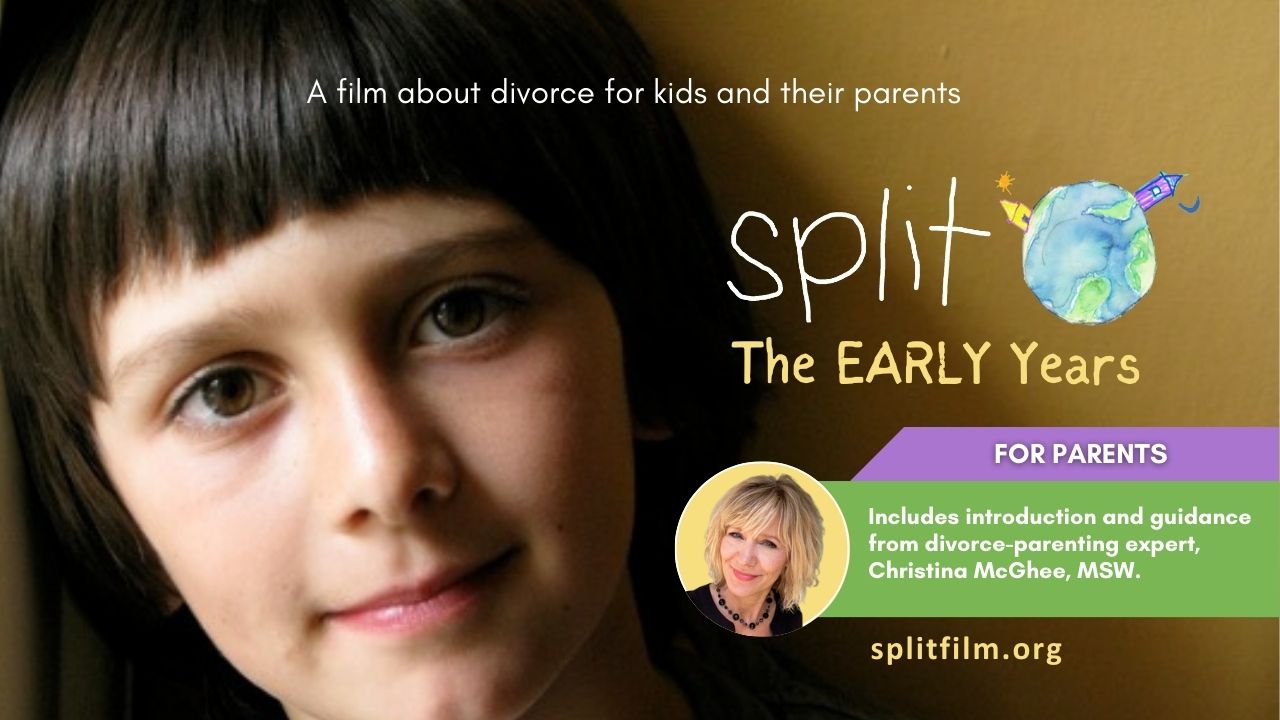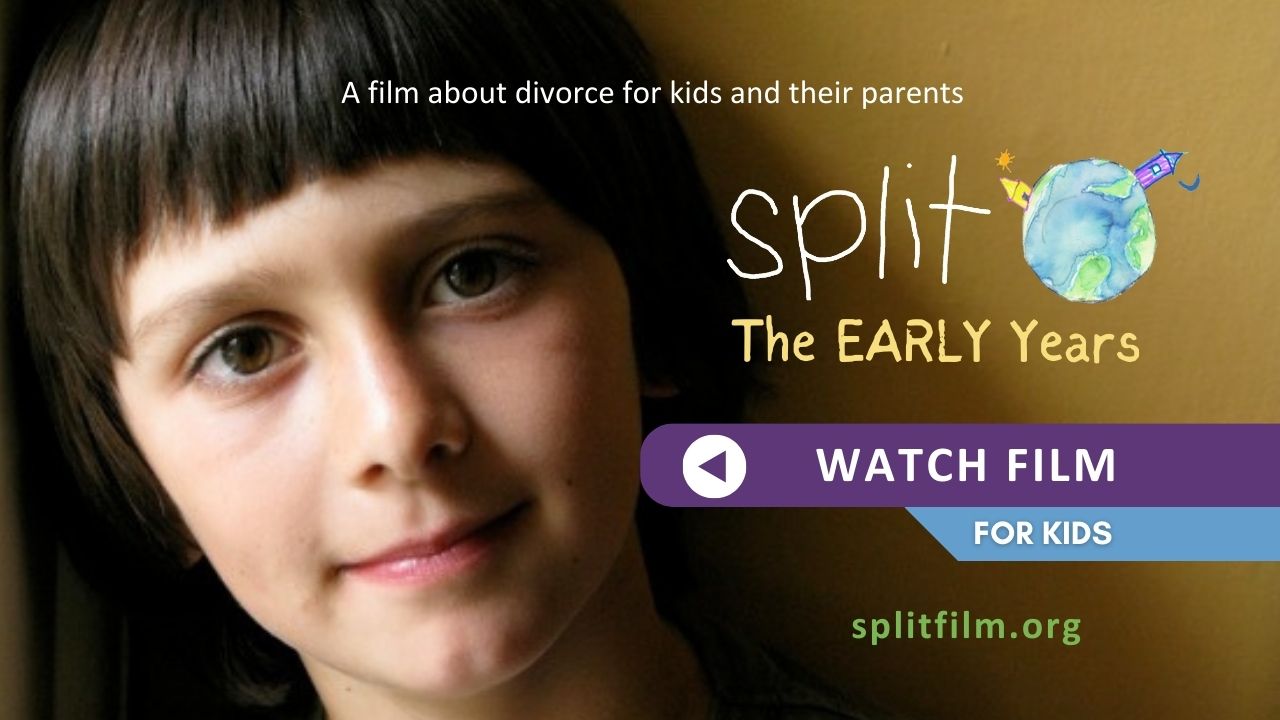


The Colorado Court welcomes you to a screening of

getting started
first, watch SPLIT without the kids...
Watch SPLIT after the kids’ bedtime, during the school day, or when they are with the other parent. Have your own feelings and reactions to the film before considering sharing it with your kids.

...and get the support you need.
Talk to another adult about your feelings. Don’t turn to your kids for support. Remember: the goal is to support your kids, not ask them to support you.
Write, exercise, walk the dog, talk with a trusted friend, see a therapist, or find a support group. Taking care of yourself makes you a stronger parent and models a healthy lifestyle for your children.
how will this film help my kids?
SPLIT encourages kids to talk
SPLIT offers your children a hopeful message, and reminds kids that they are not alone. It comforts kids to see their feelings and thoughts mirrored by other children.
SPLIT encourages kids to talk. Children, 6-10 year-olds, have lots of feelings about divorce, but many don’t know how to express them. This film is a great starting point for healing conversations with your children because you can focus on the kids in the film, instead of talking directly about what is happening in the family.
how to share SPLIT with the kids
find a quiet time
Watch SPLIT when the kids have some down time… after school or over the weekend. Put the devices away so everyone can focus without distractions.
watch SPLIT with younger children
With younger children—six- to ten-year-olds—sit and watch the film together. It’s okay to let them watch it again, either with you or on their own.

older kids may want to watch it on their own
Older children may prefer to watch SPLIT on their own, but be available if they have questions or want to talk. Give your kids plenty of time to ask questions or talk about the film.
encourage their questions
Allow your kids to be curious. But there is certain information your kids need to be shielded from, such as interpersonal problems in the marriage, child support, finances, and legal matters.
You can say, “I understand that you’re curious and may want to know more information. I will do my best to answer your questions, however, there are some things that need to stay private between parents. Our problems are not your problems.”
You don’t have to have all the answers. It’s okay to tell kids you need time to think about their questions, but don’t keep them waiting too long.
now sit back and watch the film!
This screening has been provided to you courtesy of
COLORADO COURTS




